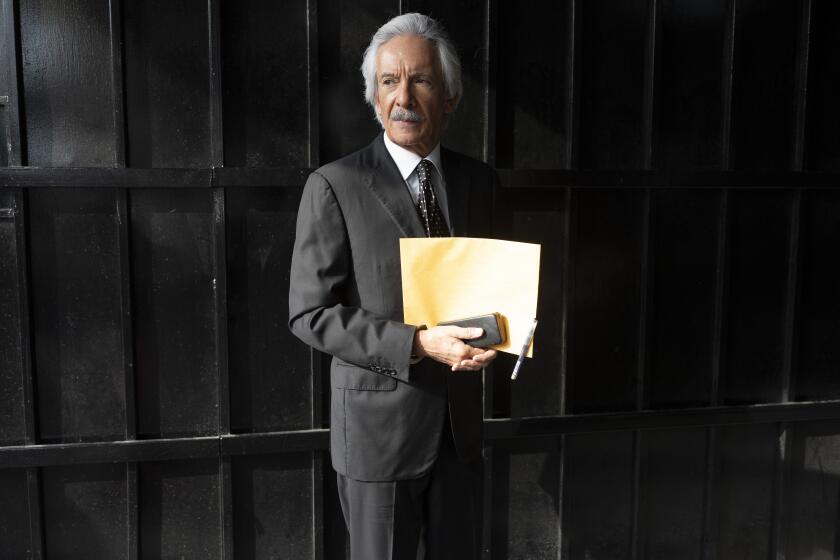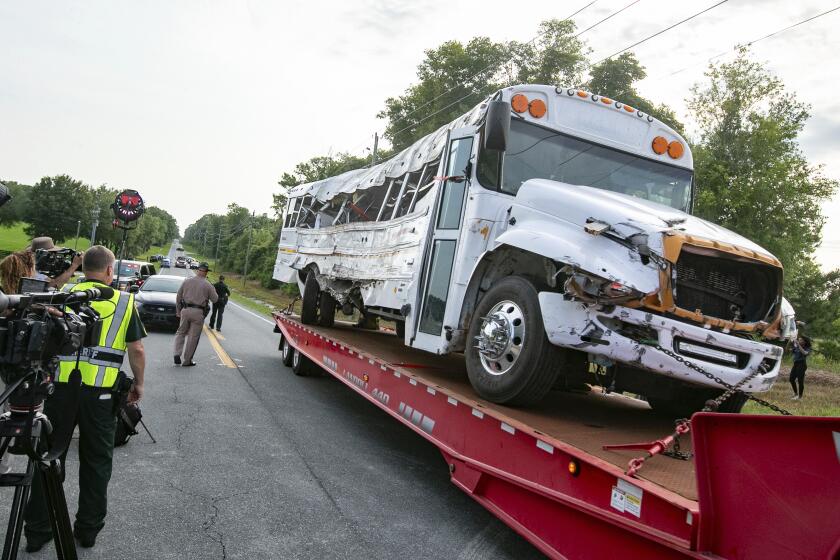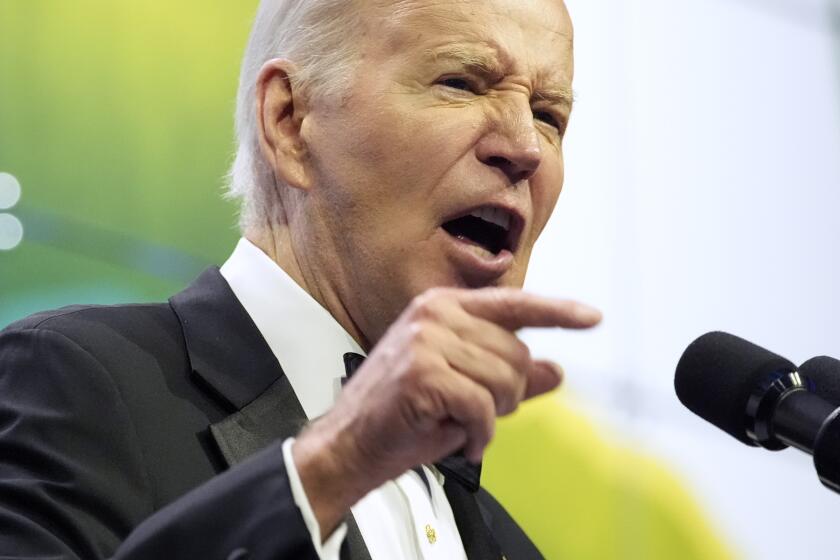Theaters add technology to aid blind, deaf filmgoers
Did you catch the new movie that everyone’s talking about at school and at work?
If you’re visually or hearing impaired, there’s a good chance you couldn’t. But that’s slowly changing.
Nationwide, more than 150 movie theaters have added special systems to help the deaf, hard of hearing, blind or visually impaired, according to the nonprofit National Center for Accessible Media.
Most of those theaters are in major cities that made the move voluntarily, but states are now putting pressure on theater chains to spread the technology much farther or risk discrimination lawsuits.
In New Jersey, four movie theater chains agreed under pressure last year to install deaf-captioning technology in theaters statewide. The attorney general filed a discrimination complaint against a fifth chain that didn’t go along.
A similar deal announced in New York on Monday involves eight national theater chains. The chains agreed to implement technology to help the visually and hearing impaired enjoy movies in 140 theaters across New York state -- up from about a dozen now.
“Movies are an important part of popular culture,” said New York Atty. Gen. Eliot Spitzer. “Every adult and child should be able to enjoy a film with family and friends, especially during the holiday season.”
Like those in the New Jersey agreement, the New York theaters will add Rear Window captioning, in which hearing disabled customers can use an acrylic panel to read captioning projected from the back of the theater.
They also will provide listening devices more compatible with hearing aids; most headsets used now for the disabled only amplify a movie’s soundtrack.
Thirty-eight of the New York theaters will provide on-screen captioning of some movies and headsets that offer descriptive narration of films under the deal.
The American Foundation for the Blind said the measures are good for everyone involved: By making theaters accessible, more customers will come.
“It’s not only seeing it, it’s understanding it,” said Joseph Gordon of Self Help for Hard of Hearing People in New York.
He said people with even moderate hearing difficulties have trouble distinguishing between words like “tomato” and “potato.”
Spitzer said he started negotiating with the theater chains after receiving complaints from disabled New Yorkers. The complaints appeared to show potential violations of state and federal laws against discrimination against disabled people, said Dennis Parker, chief of the attorney general’s Civil Rights Bureau.
More to Read
Start your day right
Sign up for Essential California for news, features and recommendations from the L.A. Times and beyond in your inbox six days a week.
You may occasionally receive promotional content from the Los Angeles Times.






